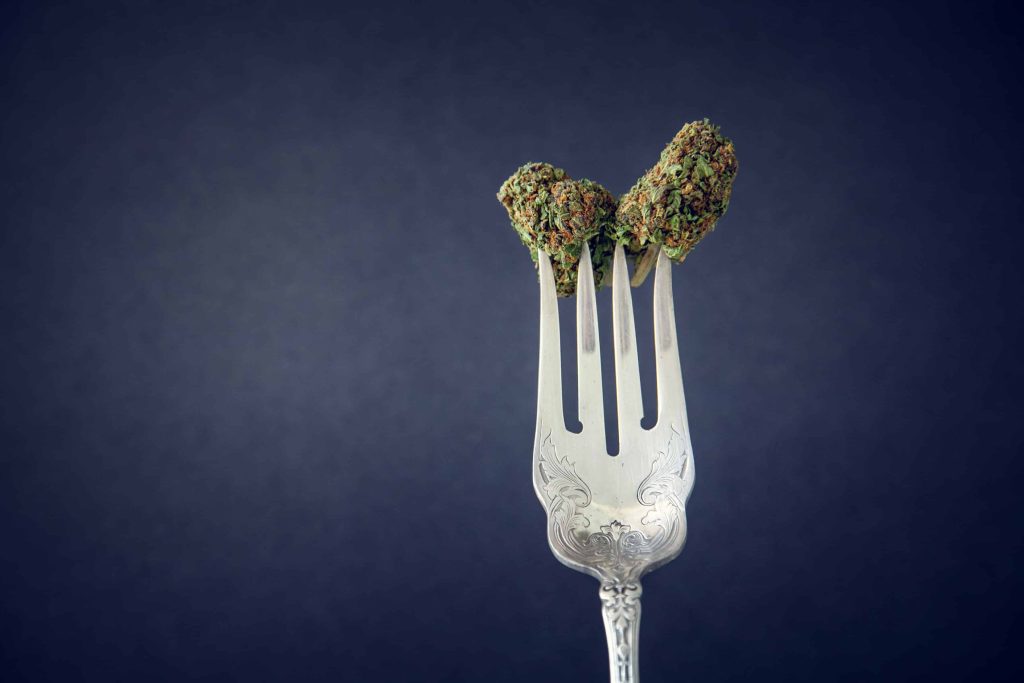
New Study Explores Link Between Cannabis Use and Binge Eating
Attention all munchie-loving hipsters! You may want to put down that joint and listen up. Researchers at Drexel University are delving into the connection between smoking weed and binge eating. Yes, you heard that right – your late night cravings may be linked to your recreational cannabis use.
Published in the journal Experimental and Clinical Psychopharmacology, this groundbreaking study takes a closer look at how often people who struggle with binge eating also use cannabis. But it doesn’t stop there – the researchers also wanted to see if cannabis users experience more severe symptoms of eating disorders or mental illness.
While previous research has explored how cannabis can affect a person’s eating habits, little is known about its impact on binge eating. This is defined as feeling out of control or unable to stop eating. And let’s not forget the fact that cannabis has been found to increase the pleasure people get from eating sugary or fatty foods, suggesting a potential role in binge eating.
Lead author Megan Wilkinson, a doctoral student at Drexel University, explains the importance of understanding the relationship between cannabis use and binge eating. “Distinguishing the relationship between cannabis use, eating disorder severity, and other psychiatric symptoms in binge eating patients is necessary for informing screening and clinical recommendations,” she says.
The study involved a group of participants seeking treatment for binge eating. They were asked to report their use of alcohol and cannabis, and the results were eye-opening. Over 23% of the 165 participants reported using cannabis at least once or twice a month in the past three months, indicating a potential link between cannabis use and binge eating.
But that’s not all – the researchers also found that these participants reported a strong desire or urge to use cannabis. They also drank alcohol more frequently and experienced more problems related to their alcohol use. However, the study also revealed that cannabis users with eating disorders did not have more severe symptoms or depression compared to non-users.
Wilkinson explains the significance of these findings, saying, “Both alcohol and cannabis can impact an individual’s appetite and mood. Our finding that patients with binge eating who use cannabis also drink more alcohol may suggest that these individuals are at a higher risk for binge eating, given the compounded effects on appetite and mood from these substances.”
In addition to reporting their substance use, the participants also completed interviews and surveys about their experience with binge eating, depression, and other eating disorders. The results were then compared between cannabis users and non-users to determine any significant differences in symptoms.
So, what does this all mean? Well, for starters, it highlights the need for further research on the relationship between cannabis use and binge eating. It also suggests that treatments for binge eating should take into account how substance use can affect hunger, mood, and eating behaviors.
So, next time you reach for that joint, just remember – it may not only give you the munchies, but it could also be linked to your binge eating habits. Stay woke, hipsters.









